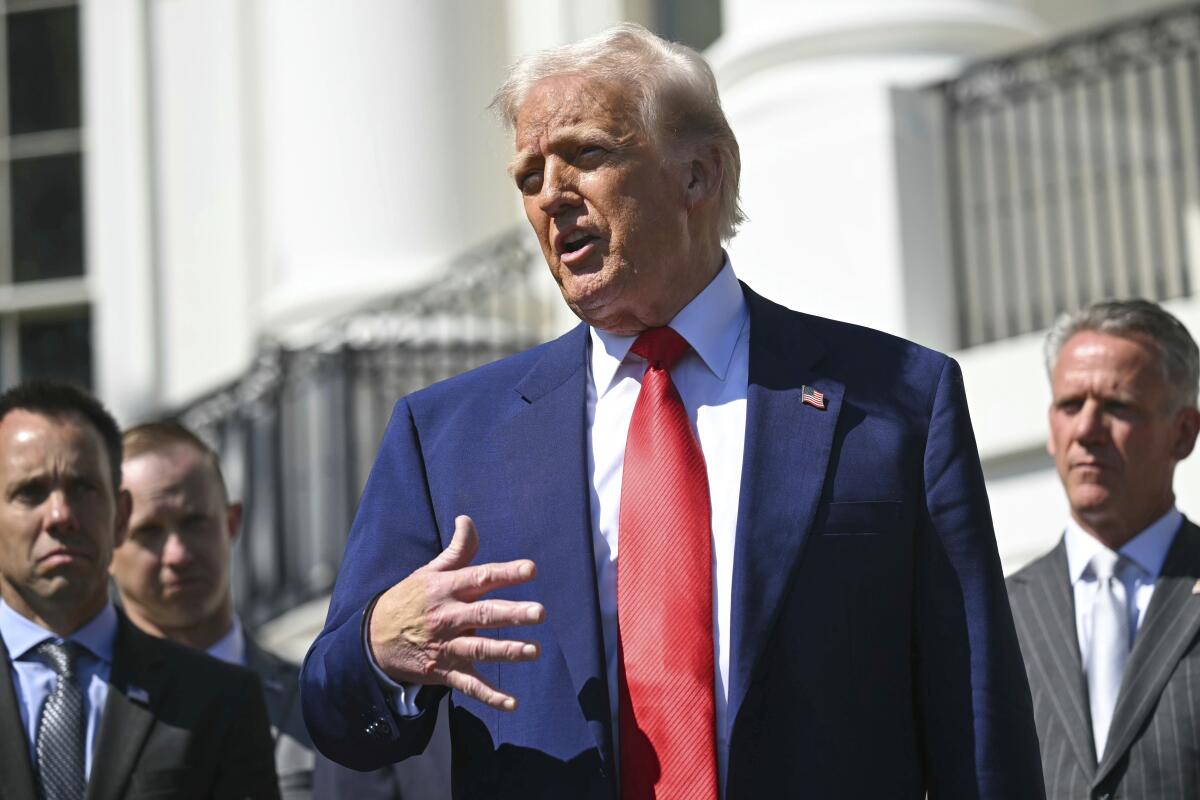Executive Summary
- The DTAB is considering allowing OTC drug sales in grocery stores to improve accessibility, especially in remote areas.
- Pharmacy organizations are opposing the move, citing concerns about potential revenue losses for chemists and the misuse of medications.
- The government is working on formalizing OTC drug regulations, including defining OTC drugs and issuing licenses to retail stores.
Event Overview
The Drugs Technical Advisory Board (DTAB) in India is evaluating a proposal to permit the sale of over-the-counter (OTC) medications in neighborhood grocery stores. This initiative aims to improve access to common medicines like pain relievers, cough syrups, and anti-fungal creams, particularly in rural and remote areas where pharmacies may be limited. While consumers may benefit from increased convenience, the proposal has sparked opposition from pharmacy organizations that fear potential revenue loss and medication misuse. The government is currently working on formalizing OTC drug regulations and consulting with stakeholders before making a final decision.
Media Coverage Comparison
| Source | Key Angle / Focus | Unique Details Mentioned | Tone |
|---|---|---|---|
| The Tribune | Chemists' concerns about online pharmacies and the need for consultation. | Highlights the All Indian Chemists and Druggists Organisation (AICDO)'s appeal to the Union Home Minister and demand to suspend the order passed during COVID-19. | Concerned and Advocacy-oriented |
| Hindustan Times | Government's plan to allow OTC drugs in grocery stores and opposition from chemists. | Mentions the Drugs Technical Advisory Board (DTAB) decision in April and the government's work on defining OTC drugs under the Drugs Rule, 1945. | Informative and Balanced |
| Mint | Advocating for easier access to OTC medicines and addressing concerns about misuse. | Highlights the potential for the market to keep its own check on prices and the need to outgrow the nanny state approach. | Opinionated and Persuasive |
| Moneycontrol | The government's plan to allow OTC drugs in grocery stores, potential revenue losses for chemists, and formalizing OTC regulations. | Reports the DTAB ruling last month, lists specific types of medicines to be sold, and specifies that retail outlets will need licenses but won't need pharmacists. | Informative and Neutral |
Key Details & Data Points
- What: The Indian government is considering allowing the sale of over-the-counter (OTC) medicines in grocery stores to increase accessibility, particularly in rural areas. This involves defining OTC drugs, issuing licenses to retailers, and potentially creating a separate regulatory schedule.
- Who: Key players include the Drugs Technical Advisory Board (DTAB), the All India Organization of Chemists and Druggists (AIOCD), the Indian Pharmaceutical Association (IPA), retail store owners, and consumers.
- When: The DTAB made its decision in April. A final decision by the government is expected soon, following stakeholder consultation. The proposal to allow OTC sales was first proposed in 2022.
- Where: The initiative aims to improve access to medicines across India, especially in rural and remote areas. The sales would occur in neighborhood grocery stores.
Key Statistics:
- Key statistic 1: 12 lakh (approximate number of chemist shops in the country, according to The Tribune)
- Key statistic 2: 12.4 lakh (number of members represented by AIOCD, as per Moneycontrol)
- Key statistic 3: 13,000 (number of members in the Indian Pharmaceutical Association, as per Moneycontrol)
Analysis & Context
The proposed move to allow OTC drug sales in grocery stores presents both opportunities and challenges. Increased accessibility, particularly in underserved areas, could improve public health outcomes. However, concerns about potential misuse of medications and the impact on the pharmacy industry need to be addressed. The government's efforts to formalize OTC regulations and consult with stakeholders are crucial to ensure a balanced and effective approach. The success of this initiative will depend on clear definitions of OTC drugs, appropriate licensing procedures for retailers, and ongoing monitoring to prevent misuse and ensure patient safety.
Notable Quotes
Where will we go? This will put the growth of pharmacists at risk.
The government is finalizing the list of OTC drugs and products which can be sold at retail shops. The government has been working on this for a long time, and a final decision is to be taken shortly.
Conclusion
The Indian government's consideration of allowing OTC drug sales in grocery stores represents a significant shift in healthcare policy. While the move aims to improve accessibility and convenience for consumers, it has raised concerns among pharmacy organizations. A successful implementation will require careful planning, clear regulations, and ongoing monitoring to ensure patient safety and minimize negative impacts on the pharmacy industry. The final decision, expected soon, will have a lasting impact on the healthcare landscape in India.
Disclaimer: This article was generated by an AI system that synthesizes information from multiple news sources. While efforts are made to ensure accuracy and objectivity, reporting nuances, potential biases, or errors from original sources may be reflected. The information presented here is for informational purposes and should be verified with primary sources, especially for critical decisions.









